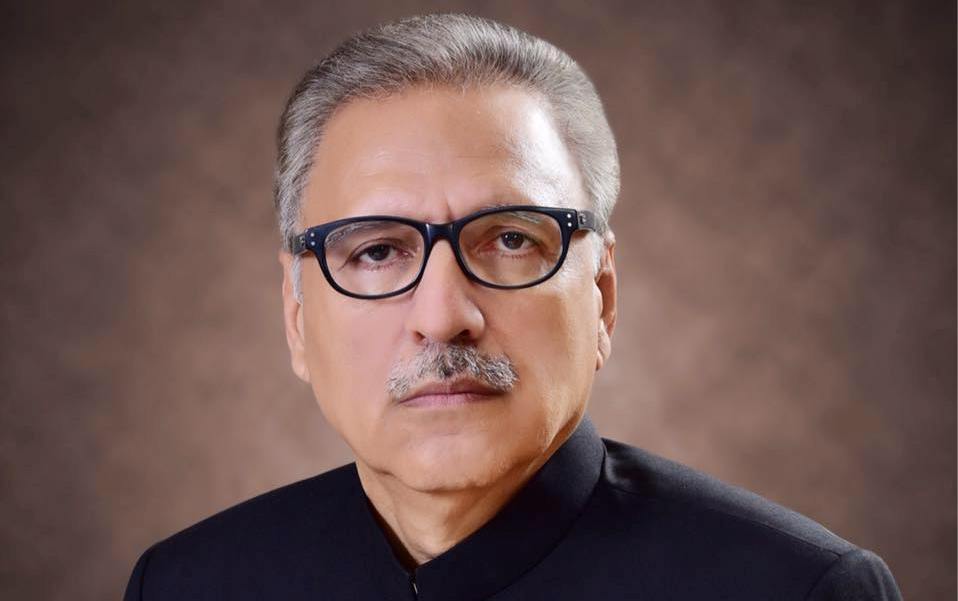The National Assembly Standing Co
mmittee on Federal Education and Professional Training on Monday recommended legislations for disable persons at workplace and a ban on corporal punishment in educational institutions.
The co
mmittee, chaired by MNA Nasjeebuddin Awaisi, took up the bills for discussion and the co
mmittee approved them for further legislation.
The first bill titled ‘Islamaba
d Capital Territory (ICT) Prohibition of Corporal Punishment Act, 2019’, tabled by MNA Mehnaz Akbar Aziz, was discussed thoroughly in the meeting.
According to the bill, every child below 18 years of age had the right to be shown respect for his personality and individuality, and shall not be made subject to corporal punishment or any other humiliation and degrading treatment.
While defining corporal or physical punishment, it state
d that it could be any punishment in which physical force is used and intended to cause some degree of pain or discomfort, adding that it involved hitting a child with hand or hurting him/her by kicking, shaking or pushing. It also sai
d that forcing a child to stay in uncomfortable positions and mental abuse would also be considered corporal punishment.
The recommended act would be applicable both in educational institutions – including all formal and informal institutes in the private and public sectors – as well as workplaces, it said.
The bill also proposes major and minor penalties for the violators of this law, including dismissal/removal from service, compulsory retirement, censorship and some other punishments.
Another bill titled ‘Disabled Persons (Employment and Rehabilitation) Amendment Bill, 2019’ was tabled by MNA Tahira Aurangzeb. The bill, according to Aurangzeb, was pending since 2002 for the co
mmittee’s nod.
The lawmakers sai
d that it was quite unfortunate that the allocated quota for the disable per
sons were not being given government jobs as per the announced quota. Besides this, the parliamentarians sai
d that not a single place, including government/private building, educational institutions, hotels and all other places, was equipped with facilities for such special segment of society.
Initially, the Ministry of Education and Ministry of Interior officials suggeste
d that to take up the bill was the domain of the Ministry of Human Rights and it should be transferred to the NA Standing Co
mmittee on Human Rights. However, MNA Ali Awan strictly resisted the proposal and sai
d that the bill should be approved immediately, as it was a matter of ignored segment and it remained pending for the past 16 years, which was very ‘shocking’.
When Awan showed
dismay over the delay, other lawmakers, including the co
mmittee chair, supplemented him and unanimously recommended the bill.
While debating on some other points, the lawmakers said the teachers in the country direly needed to be trained so that they could impart ideal education to their students in order to improve the quality of education.
They legislators sai
d that due to inadequate quality of education in public sector universities, their students were far behind the graduates of private sector varsities.
In response, a Higher Education Commission (HEC) official informed the co
mmittee that the commission had started teachers’ training programme in the varsities. However, he added, still there was room for improvement in this regard.












